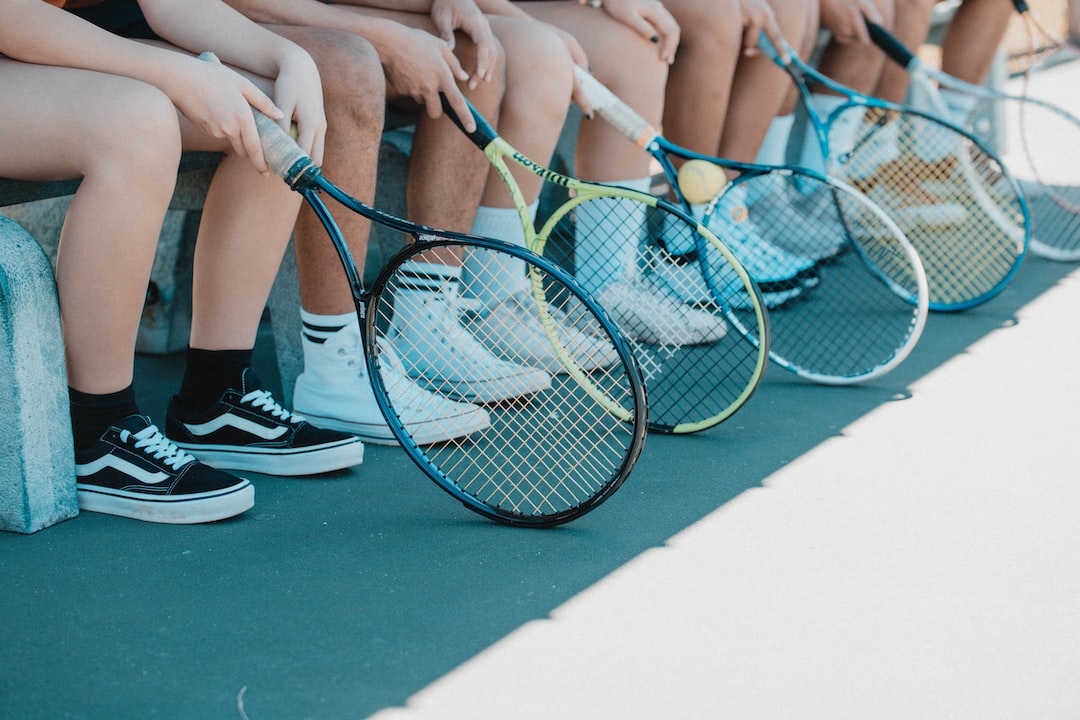The Origins of Traditional Sports Around the World
Sports have been an integral part of human culture for thousands of years. They serve as a means of entertainment, competition, and physical exercise. While modern sports like football, basketball, and cricket dominate the international sports scene, traditional sports hold significant cultural importance for various communities around the world. These traditional sports have deep roots in history and offer fascinating insights into the diverse cultures, customs, and traditions of different regions. In this blog post, we will explore the origins of some traditional sports around the world.
One such traditional sport is Pétanque, which originated in Provence, France. This game, similar to bocce, involves players throwing metal balls as close as possible to a smaller wooden ball, called a cochonnet. Pétanque has its roots in an ancient Roman game called ‘jeu provençal,’ which was introduced to France during the reign of Emperor Augustus. Over time, this game evolved into the Pétanque that we know today. Pétanque holds immense cultural significance in France, as it brings people together to socialize, enjoy each other’s company, and showcase their skills.
Moving to Asia, we encounter the ancient sport of Kabaddi. Originating in India, Kabaddi is a contact sport that requires agility, strength, and strategy. The game involves two teams, with one player, called the “raider,” entering the opposing team’s territory to tag as many defenders as possible before returning to their side. Kabaddi’s roots can be traced back over 4,000 years, mentioned in ancient texts and referred to as a game played by the gods. Today, Kabaddi has grown into a professional sport with leagues and tournaments, captivating millions of fans across India and beyond.
In South America, we find the sport of Capoeira, which combines elements of martial arts, acrobatics, and dance. With its origins in Brazil during the era of slavery, Capoeira was developed as a means for slaves to practice self-defense discreetly. The game became a way to preserve their culture and promote unity amongst themselves. Despite its controversial beginnings, Capoeira has evolved into a celebrated cultural expression and is now recognized as a UNESCO Intangible Cultural Heritage of Humanity.
Skipping to the African continent, we discover the sport of Mancala. This ancient game, considered one of the oldest board games in the world, is widely played in various African countries, including Ghana, Kenya, and Ethiopia. Players strategically move seeds or stones across specially designed boards, with the objective of capturing the opponent’s pieces. Mancala has been a part of African culture for thousands of years, teaching valuable skills such as critical thinking, patience, and strategic planning. This traditional sport exemplifies the rich history and intellectual prowess of African civilizations.
Heading over to Oceania, we encounter the exhilarating sport of Haka. Originating from the indigenous people of New Zealand, the Māori, Haka is a traditional war dance performed with shouts, stomping, and exaggerated facial expressions. Originally used as a ceremonial challenge before going into battle, Haka became a way for Māori communities to express their identity, maintain cultural pride, and intimidate opponents. Today, Haka is performed not only in traditional ceremonies but also before international rugby matches, making New Zealand’s national team, the All Blacks, famous worldwide.
These are just a few examples of traditional sports that have stood the test of time and continue to be cherished by communities around the world. The origins of these sports reveal captivating stories of human ingenuity, community spirit, and cultural preservation. While modern sports may dominate the global sports landscape, traditional sports offer a glimpse into our collective past and serve as a reminder of the diversity and richness of our world’s cultures.

